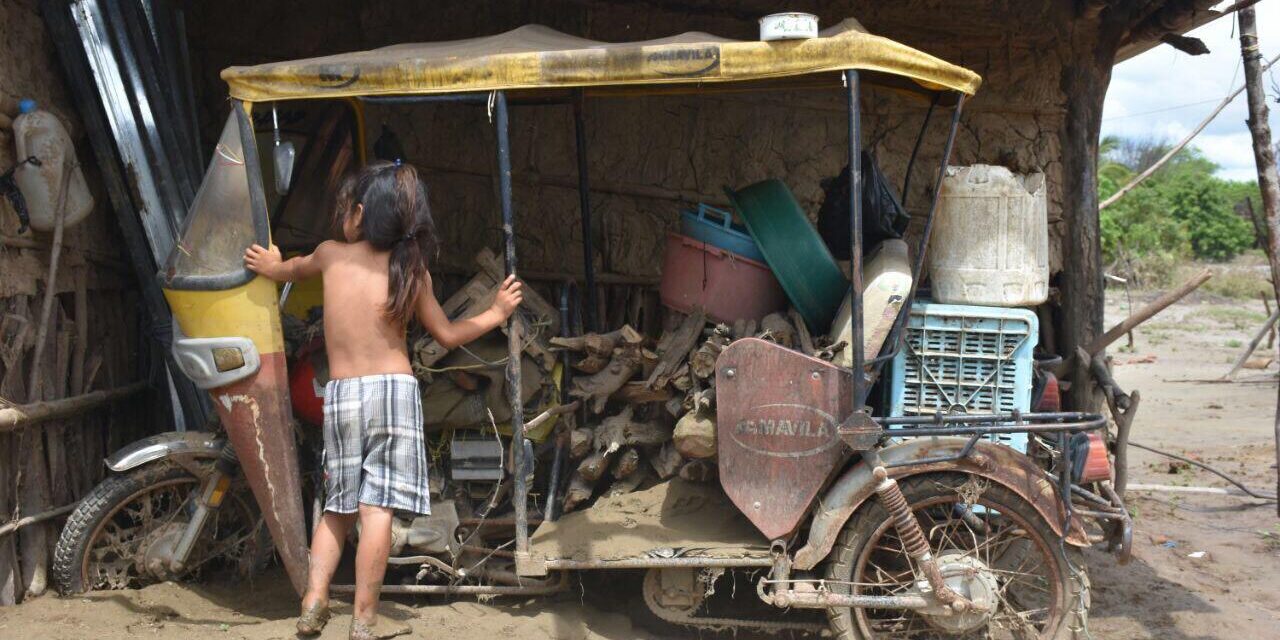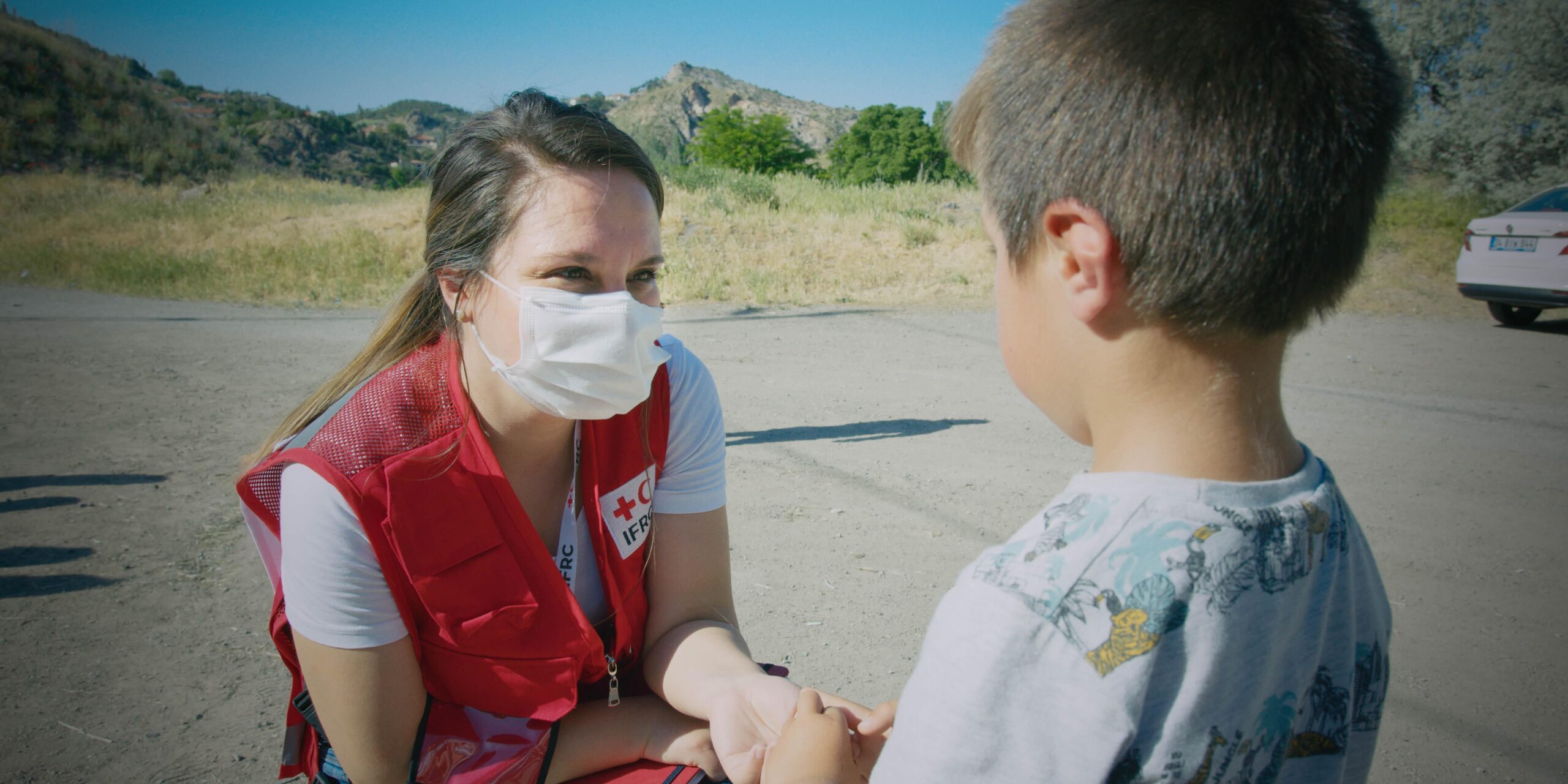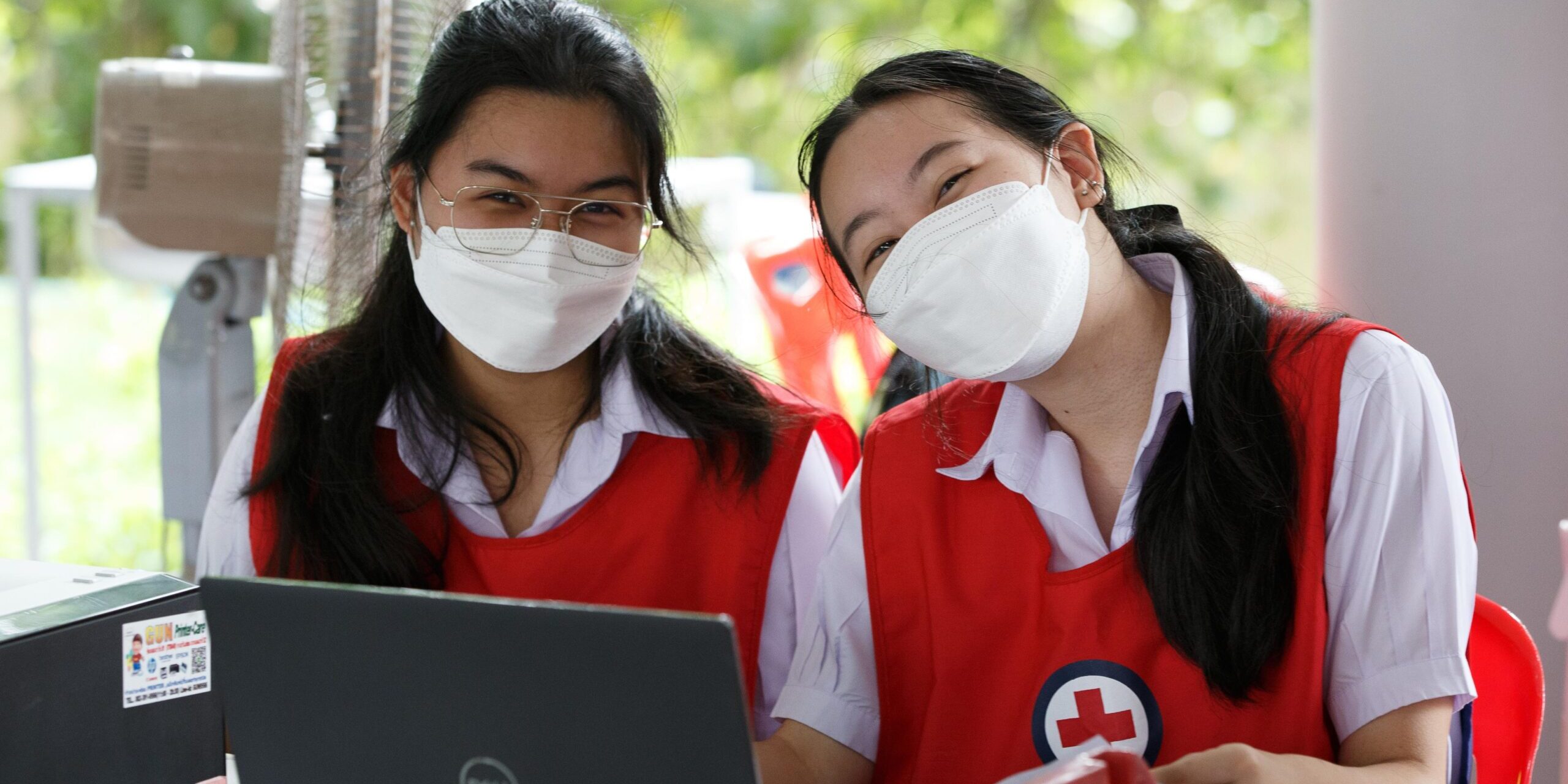Migrant Education and Livelihoods
Education
Education is a learning process that enables individuals to acquire knowledge, skills and values that contribute to their personal, social and professional development with a view to ensuring that they build their resilience, achieve their potential, and live in dignity, solidarity and peace together.
Livelihoods
A livelihood is a means of making a living. It encompasses people’s capabilities, assets, income and activities required to secure the necessities of life. A livelihood is sustainable when it enables people to cope with and recover from shocks and stresses (such as natural disasters and economic or social upheavals) and enhance their well-being and that of future generations without undermining the natural environment or resource base.
Education and livelihoods are often deprioritised in acute humanitarian contexts, particularly when people are displaced or on the move. This is partly because attention goes first to the basic needs of survival and partly because they can be perceived as too difficult or outside of the scope of humanitarian work. The terms ‘education’ and ‘livelihoods’ are also used to apply to a wide range of activities, at a variety of levels.
Education and livelihoods are vital to migrants, and programmes and activities should be considered whenever possible. They build resilience, create opportunity, support economic, social and psychological well-being, and facilitate meaningful social connection and integration.

Key issues migrants face
Some of the most important barriers that face migrants in accessing education and livelihoods include language, legal status, and recognition of credentials or of past educational level and achievements in other education systems, including those along the migration journey.
Irregular migrants’ rights to study or work are rarely guaranteed, though a few countries do explicitly recognise migrant children’s right to access primary and secondary education.
Even if irregular migrants are entitled to work or study, they may avoid doing so for fear of being detected and detained. Separated and unaccompanied children may fear being taken into care.
Under the Refugee Convention, refugees have the right to work and study, but in many countries, this is restricted while their asylum claim is being considered, which can take years.
Migrants may struggle to find meaningful work if their qualifications are not recognised or they cannot access certificates or diplomas. The costs of (re)certification are usually high.
Migrants may struggle even to be hired for lower-skilled work or work outside of their profession if they have no local or national work experiences or references.
As a result of these factors, migrants can end up missing vital years of education, with potentially serious impacts on future prospects. They may face immediate and longer-term economic hardship, including destitution and homelessness.
As many jobs for migrants may be in the informal economy they may also lead to exploitation or make migrants vulnerable to trafficking.
A study on livelihoods in urban areas recommends all programming target both nationals and non-nationals. This can improve livelihoods for migrants, as bringing nationals and non-nationals together (e.g. in training programmes) supports networking, partnerships, increased understanding of the local context, and building social capital. Governments may also look more favourably on such programs, and they can help reduce resentment in the host community.
“Undocumented migrant children should have access to all levels of education, and their attendance of primary education should be compulsory and free (Article 13, ICESCR). The Committee interpreting the ICESCR in its General Comment No. 13 (1999) on the right to education "confirm[ed] that the principle of non-discrimination extends to all persons of school age residing in the territory of a State party, including non-nationals, and irrespective of their legal status.”
A study in Europe found that “Although all children have a fundamental right to basic education, in practice the type, quality, and duration of schooling offered to asylum-seeking, refugee and migrant children depend more on where they are in the migrant/asylum process than on their educational needs.”
UNHCR/UNICEF/IOM, Access to Education for Refugee and Migrant Children in Europe, 2019.

Education for migrant children
All children have a right to education, without discrimination, however, in many countries access to education is a challenge.
This challenge is greater for non-nationals, and can seem insurmountable for children without documents. Irregular migrants may simply assume education is not open to them.
This is not necessarily true. For example, seven EU states explicitly recognise undocumented migrant children`s entitlement to basic formal education, and in most European countries, the right to education is provided to all children, a guarantee that implicitly includes children without documents.
HSPs can provide key information to migrants about their rights and entitlements. Assess what access migrant children have to education and share this information with HSP visitors. Provide information – or even support/accompaniment, if capacity allows – on enrolment procedures. Consider running programmes in schools discussing issues of migration, non-discrimination and respect for diversity, violence prevention, etc. (e.g., YABC), helping foster a supportive environment for integration.
Don’t forget your risk assessment! Migrants need to be sure they understand not only their rights and how the system works, but where there are potential risks or pitfalls. For example, in countries where governments impose a reporting obligation on schools, irregular migrants need to know they may be at risk. However, in some countries migrants may have the right to refuse if they are requested to show proof of residence or nationality.
Key Resources


